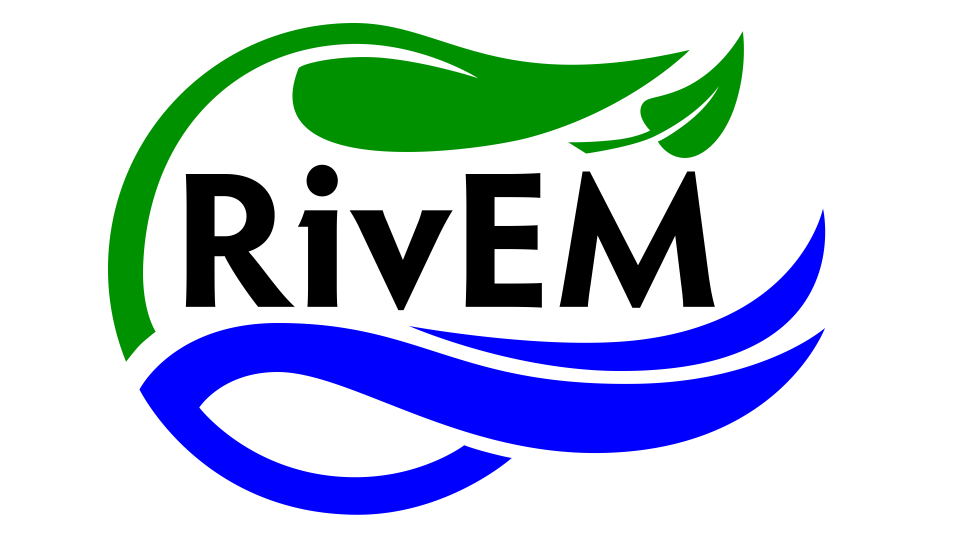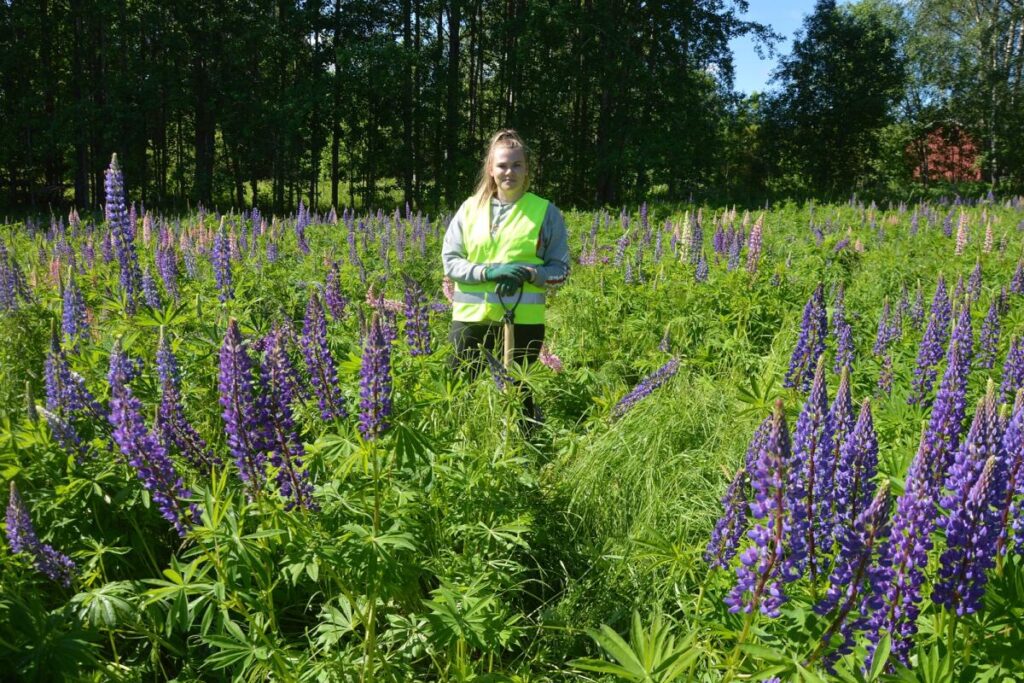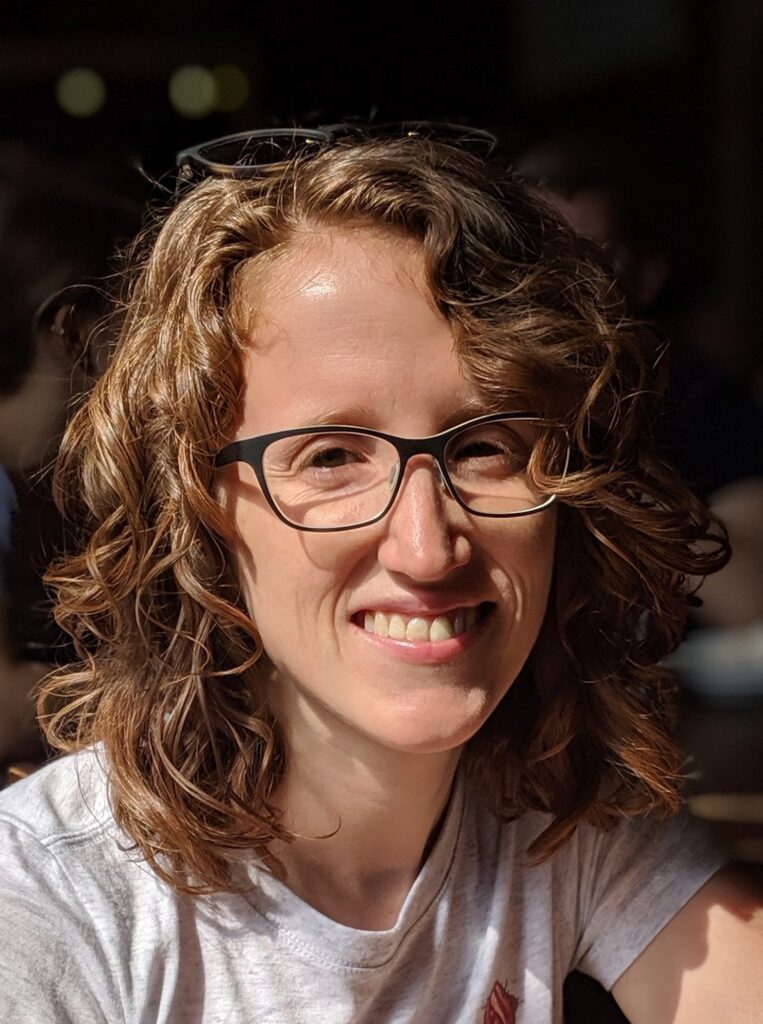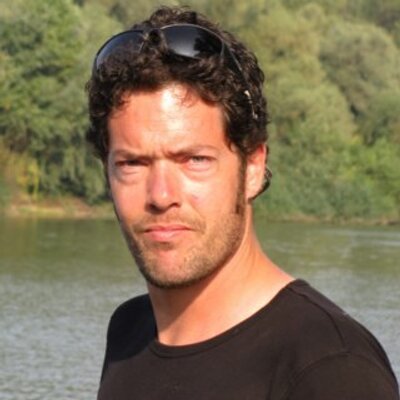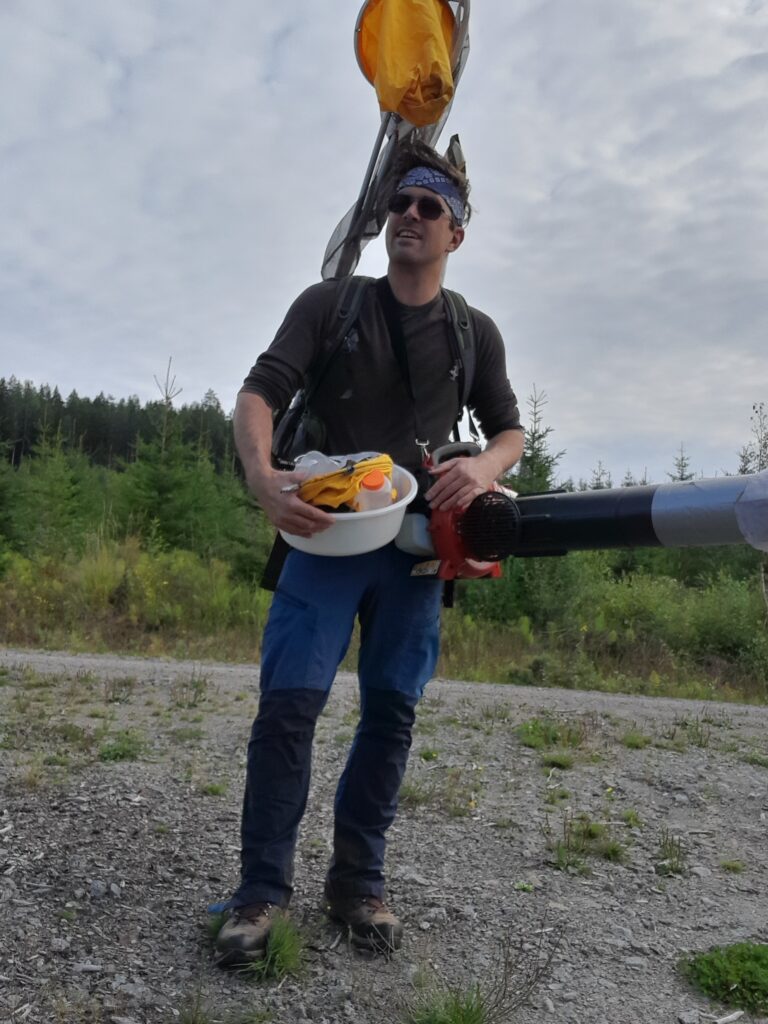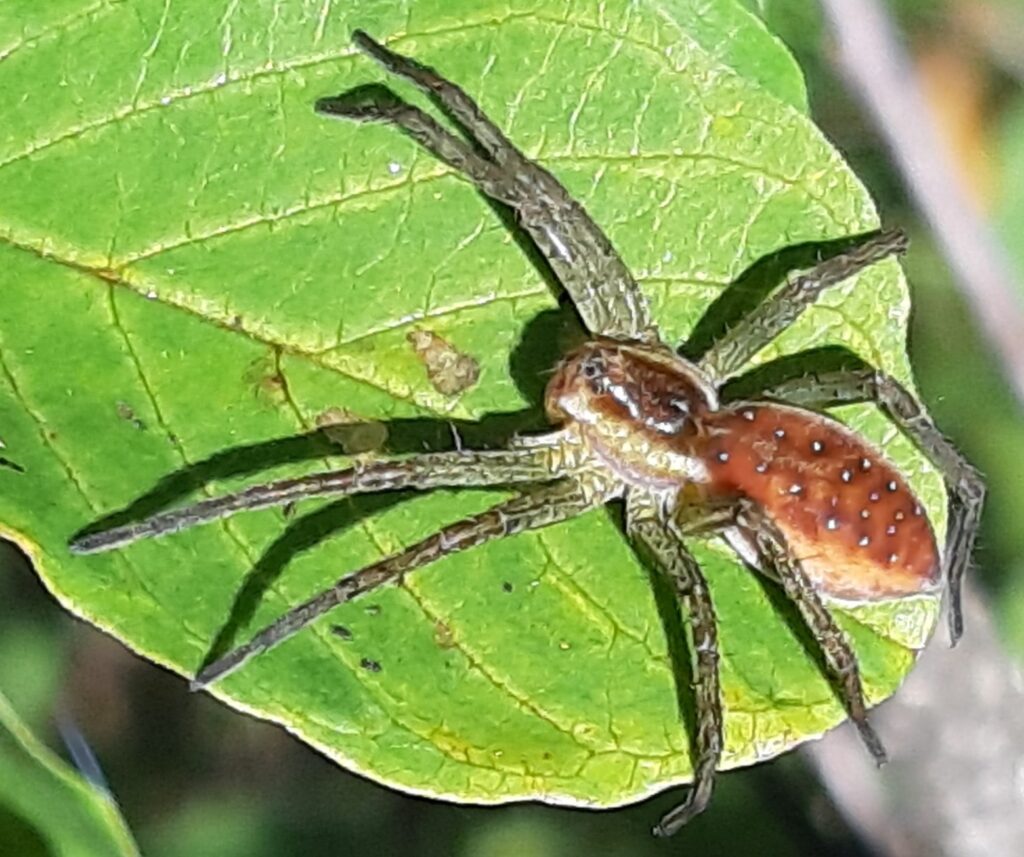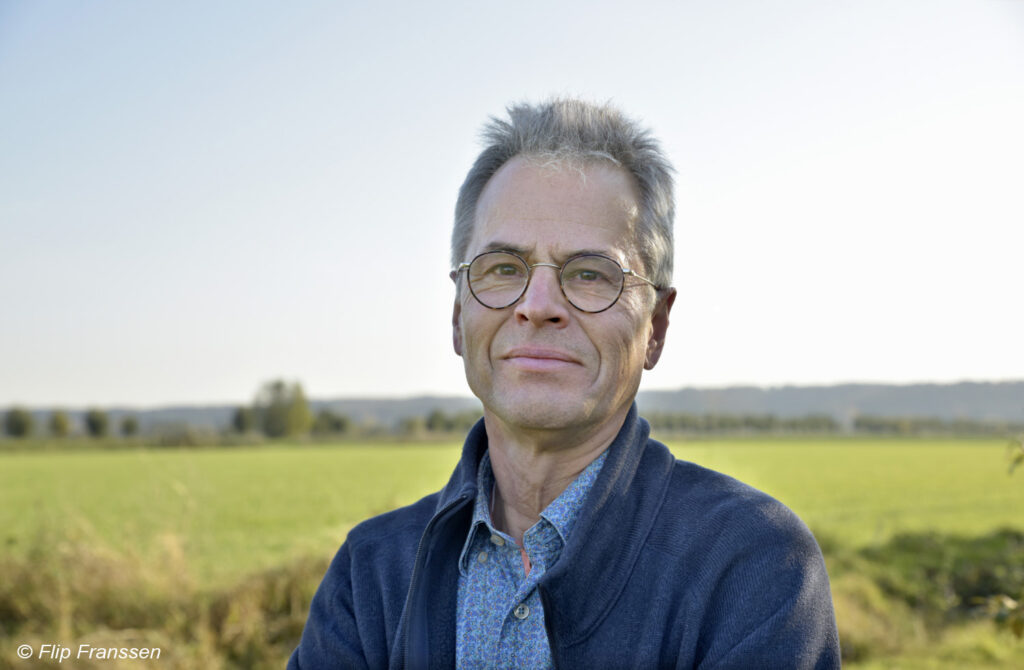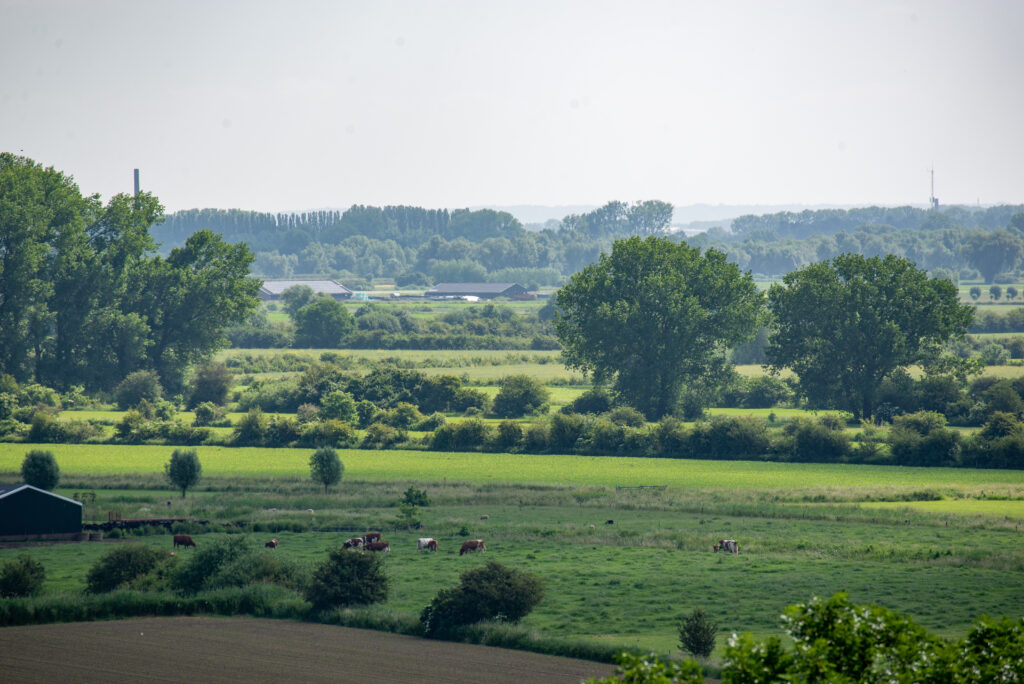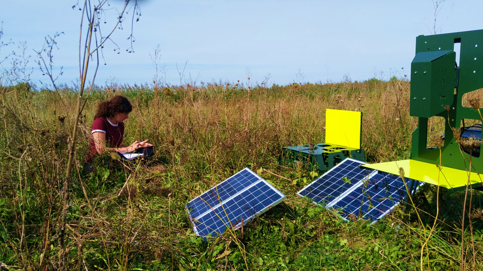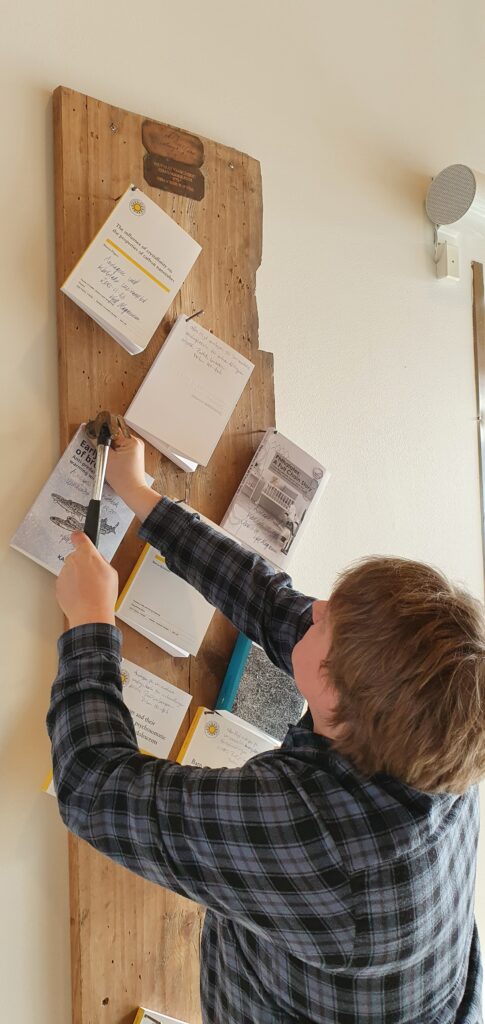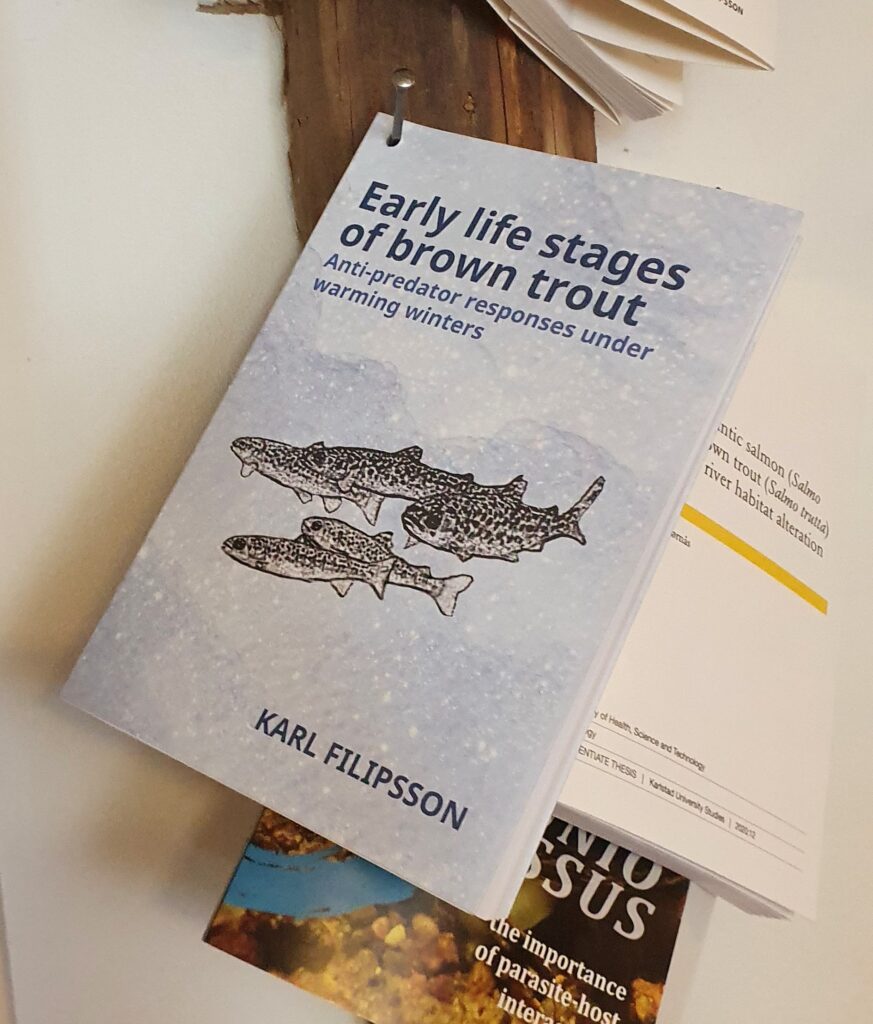New paper out: Constraints in the restoration of mountain meadows invaded by the Garden lupine
Posted by Louis Addo | Invasive species, Karlstads universitetLutz Eckstein, professor at Karlstad University, is involved in a recently published paper, studying techniques for control of the invasive Garden Lupine (Lupinus polyphyllus) and the introduction of target species in mountain meadow plant communities.
This paper with Wiebke Hansen as the lead author, published in the journal Restoration Ecology (https://doi.org/10.1111/rec.13682), tested the restoration techniques “seed bank activation” and “green hay transfer” in combination with “manual removal of the invasive L. polyphyllus” on three types of grassland (Nardus grassland, mesic and wet mountain hay meadows) in the Rhön UNESCO Biosphere Reserve in Central Germany.
The main implications for restoration practice are the following:
- Green hay application might not be a suitable tool for restoring Nardus grassland since small species might not be able to grow through the plant material layer.
- Lupinus polyphyllus cover on restoration sites can be reduced by manual removal of all parts of the plants, but a lasting reduction requires at least repeated applications
- Reinvasion of Lupinus polyphyllus into restoration sites must be prevented with an appropriate management, e.g. early and/or repeated mowing.
- Active restoration through seed bank activation failed to promote mountain meadow target species and reduced the cover of wet mountain hay meadow target species.
